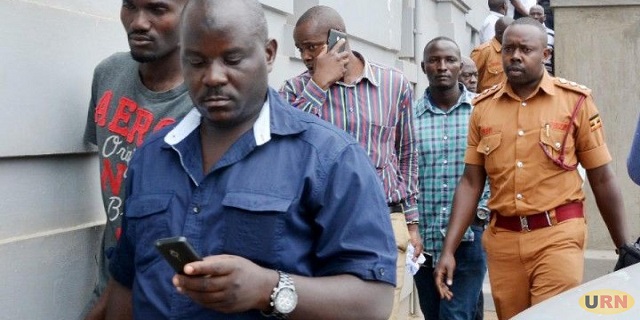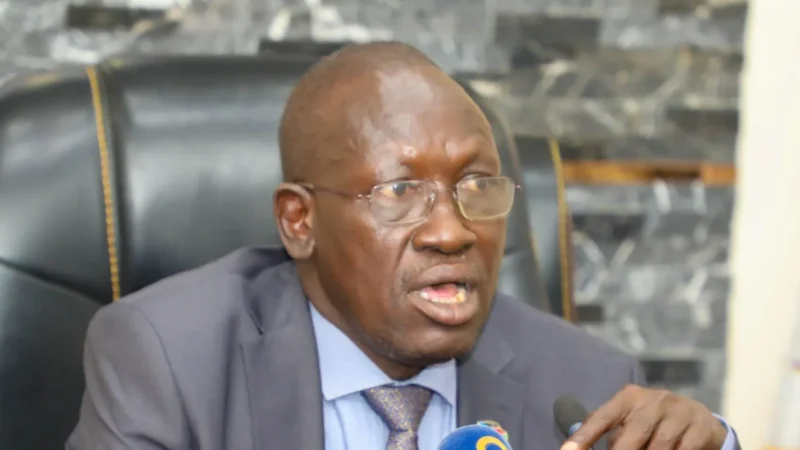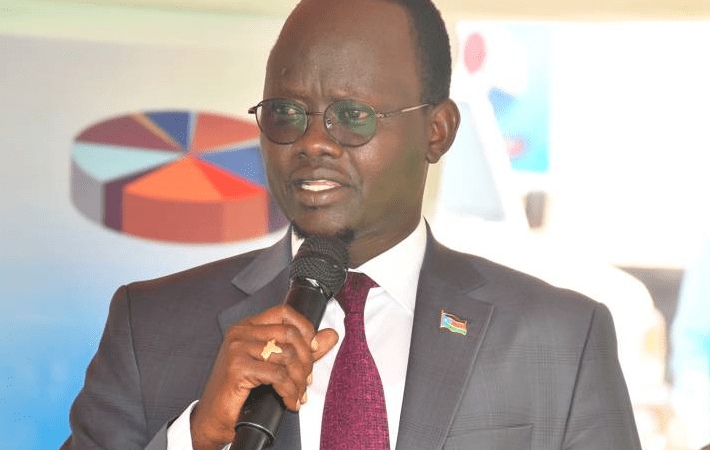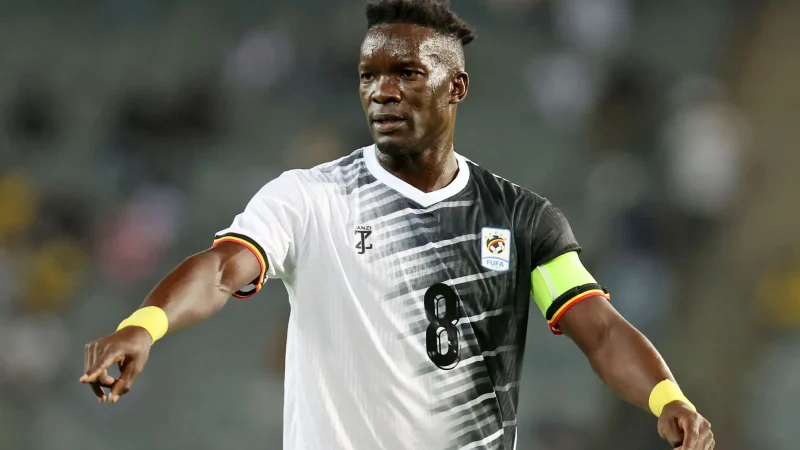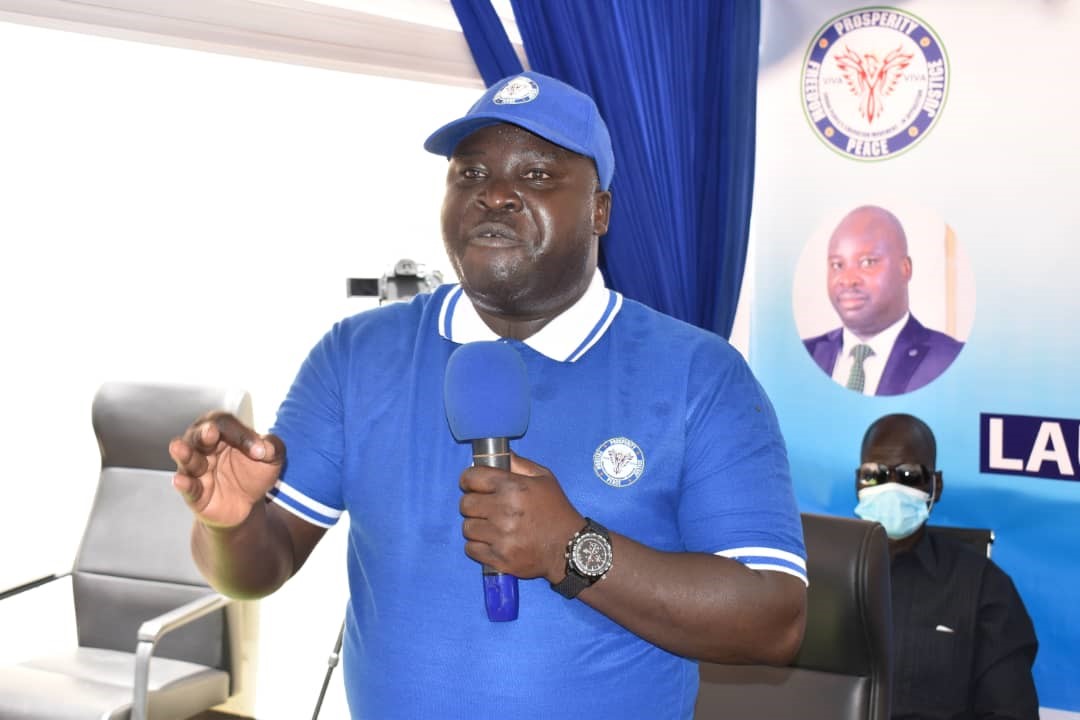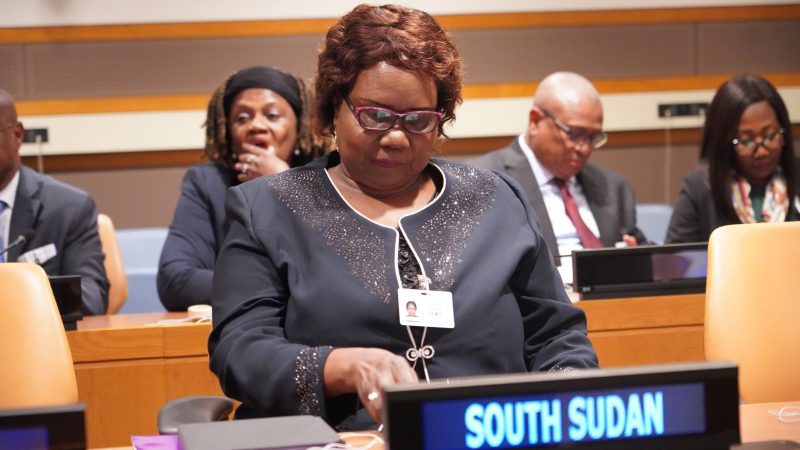The Sudan People’s Liberation Movement in Opposition (SPLM-IO) has once again affirmed its refusal to participate in what it deems as sham elections, which it argues are in violation of the 2018 peace agreement.
During a press conference in Juba on Friday last week, Oyet Nathaniel Perino, the Deputy Chairperson of the SPLM-IO, stated that after assessing the peace agreement’s implementation, the SPLM-IO Political Bureau determined that elections should only take place once the prerequisites for conducting peaceful, transparent, democratic, free, fair, and credible elections are fully met.
Oyet emphasized, “The prerequisites for holding peaceful, transparent, democratic, free, fair, and credible elections at the end of the transition in the Republic of South Sudan have not yet been fully implemented.”
These requirements encompass the completion of Security Arrangements (Phase I and Phase II), the Permanent Constitution Making Process, Population Census, Judicial Reforms, Repatriation of Refugees, Resettlement of Internally Displaced Persons, Transitional Justice Mechanisms (CTRH, CRA, and Hybrid Court), Dissemination of the Peace Agreement (R-ARCSS), and the Reconstitution of other independent Commissions and Institutions, among others.
“We will not engage in any process that undermines the peace agreement. We refuse to participate in elections that are deemed sham, lacking in freedom and fairness,” stated Oyet. He emphasized that the SPLM IO will not partake in any elections that contravene the terms of the peace agreement.
Additionally, the SPLM leadership highlighted that other prerequisites for holding elections involve pre-election activities and creating a political and civic space for all political parties to conduct their activities nationwide.
Oyet underscored, “The denial of SPLM/SPLA (IO) and other parties’ participation in the governments of the three Administrative Areas (as per Article 1.16.2, coupled with Article 162(1) (a) of the Constitutional Amendment Act No. 7, 2020, and Article 164(1) of the Constitutional Amendment Act No. 8, 2021) conflicts with the Agreement on structures and allocation of responsibility sharing in the three Administrative Areas as outlined in R-ARCSS.”
Expressing concern, Oyet stated that the SPLM-IO is troubled by the prolonged duration of the road-map without the full implementation of the peace agreement. “We are worried that the Road-map concludes in twelve months without the completion of pending tasks and the essential prerequisites for elections mentioned earlier,” he highlighted.
The SPLM-IO is now advocating for a dialogue among the parties involved in the peace agreement to devise a clear path forward regarding the upcoming December elections. The party emphasizes that if elections proceed without the necessary prerequisites being in place, they will formally notify the granters and IGAD of the agreement’s abrogation.
South Sudan was meant to conclude a transition period with elections in February 2023, but the transitional government failed to meet key provisions of the agreement, including drafting a constitution and unifying the army.
The parties to the agreement extended the transitional government’s time in office for another two years, meaning general elections would be held in December 2024.
But many observers believe that South Sudan currently is not in a position to conduct credible elections in December 2024 as more work remains to be done to prepare for the polls. Some of the critical tasks required before elections could take place includes opening of political and civic spaces, funding of electoral institutions, drafting of a permanent constitution, determining voter eligibility, the voting process, and the deployment of properly trained and equipped unified forces.


